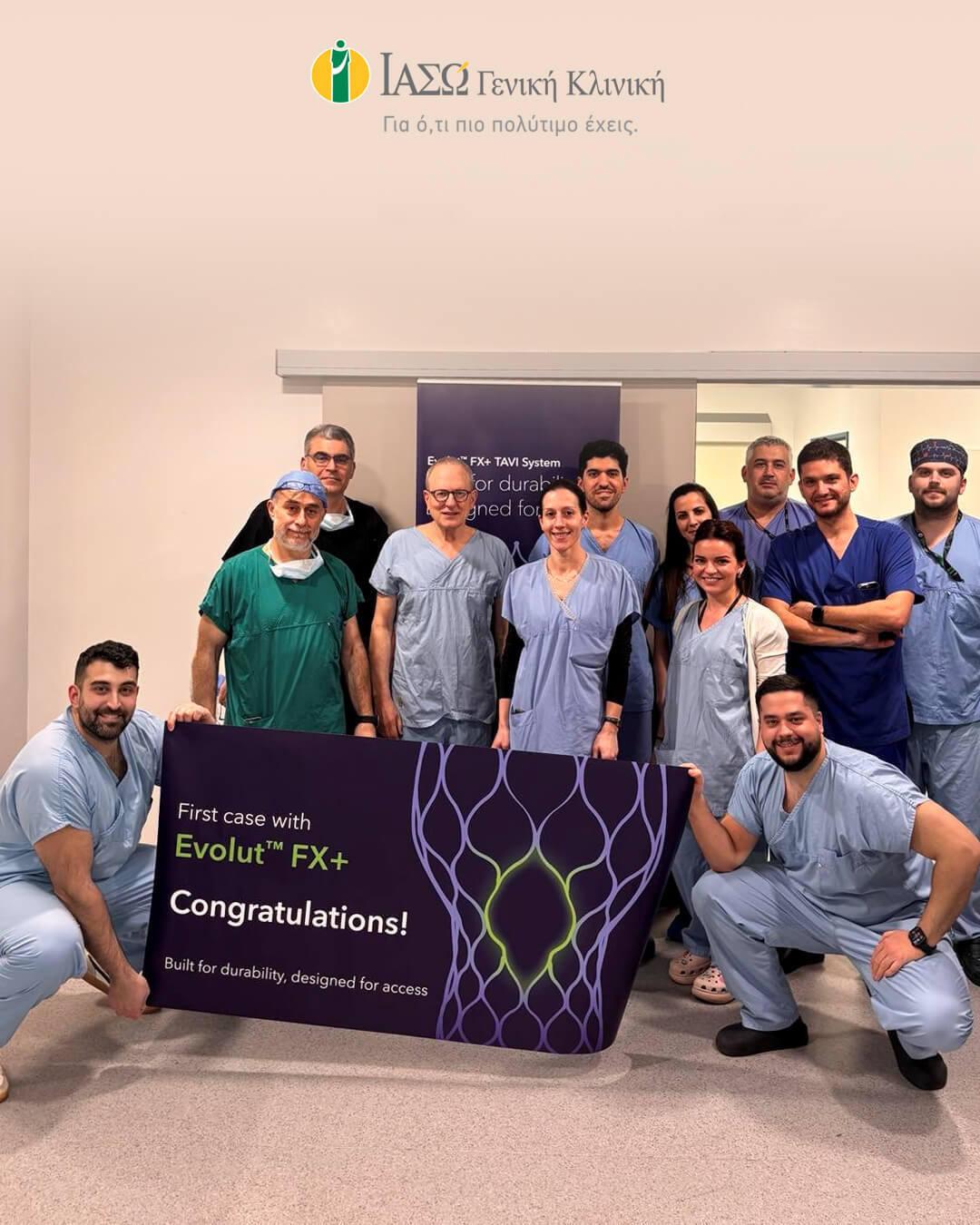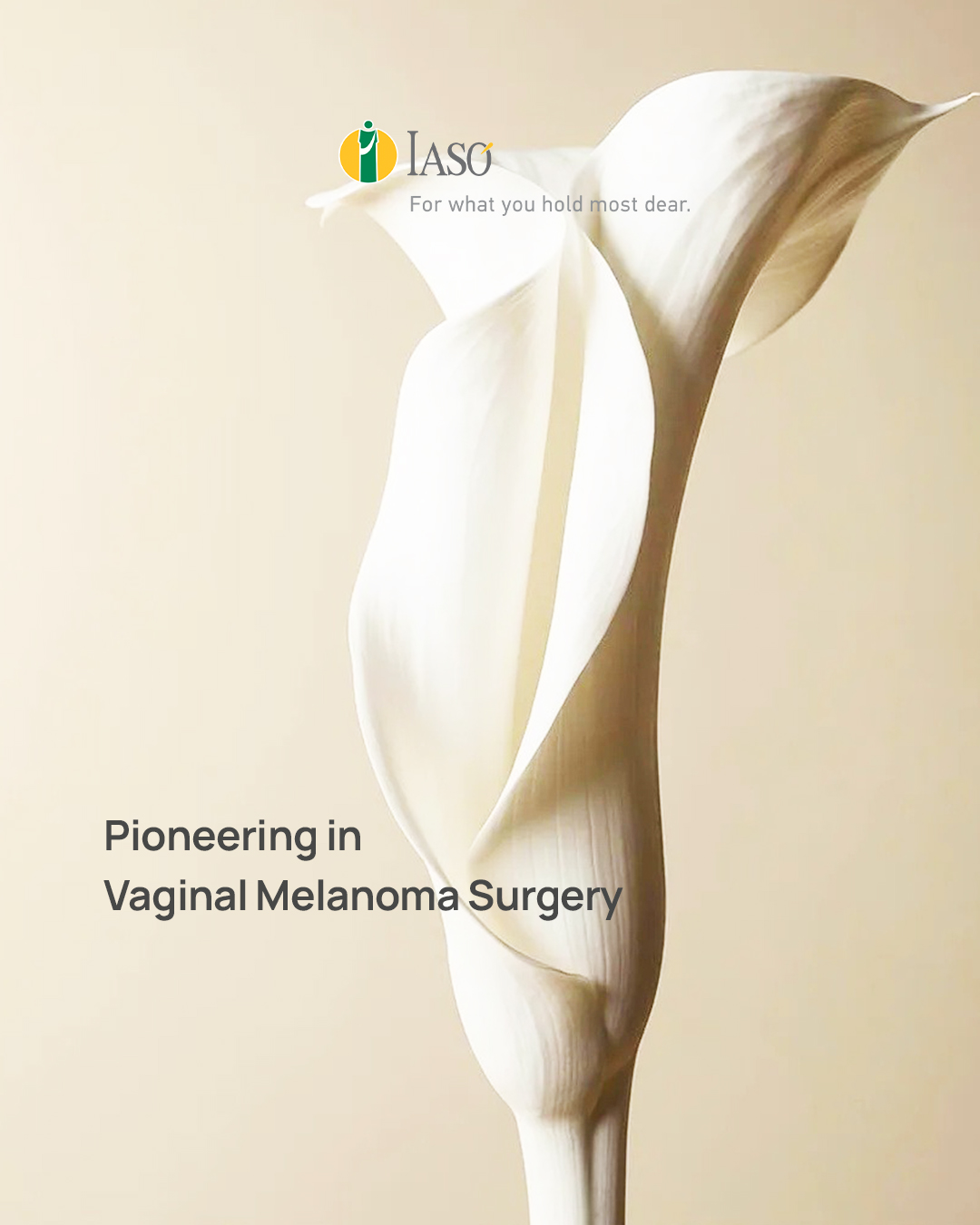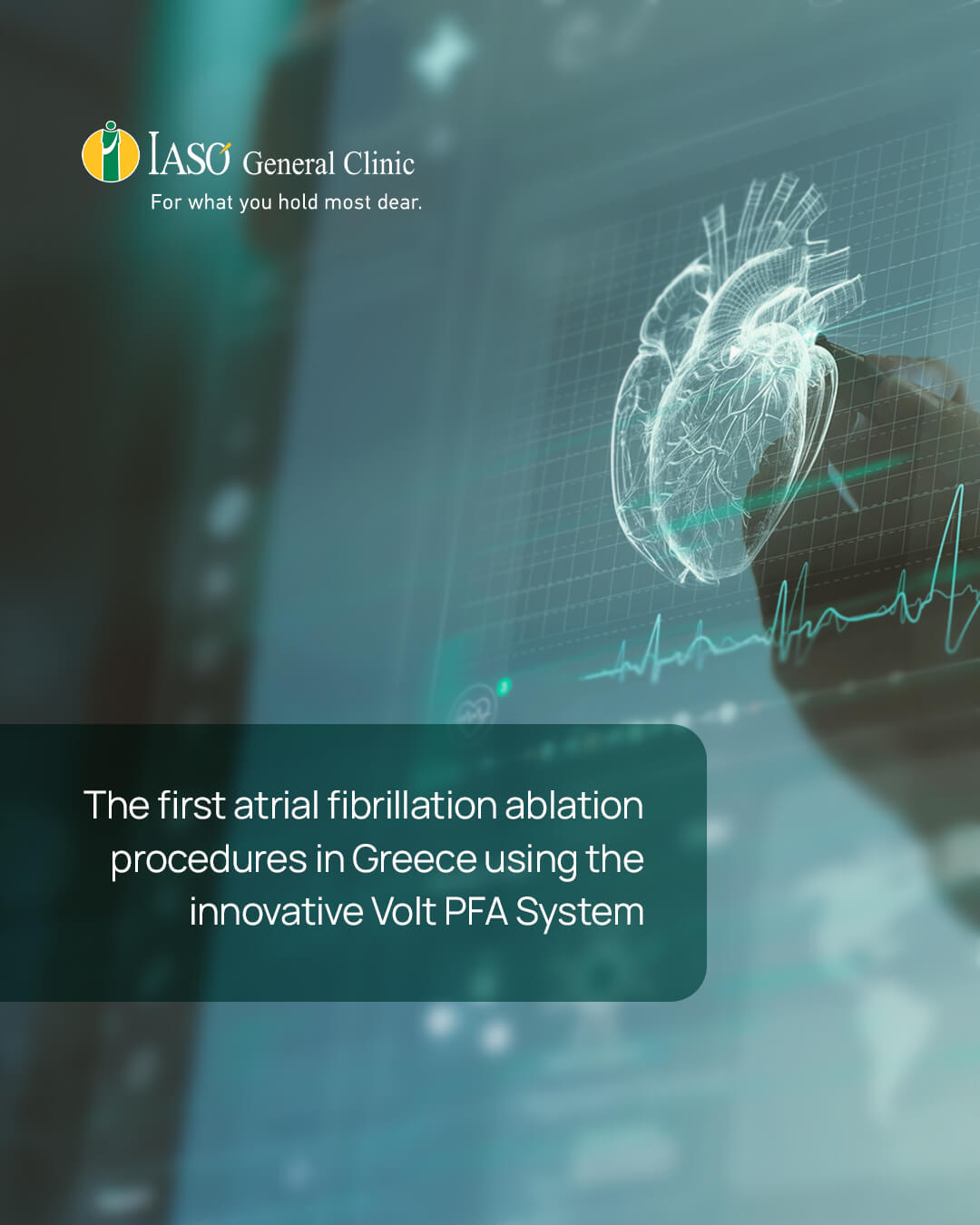Excellence and Leadership in Certified Clinical Results for Institute of Life-IASO IVF Unit – A European First

In its efforts for ongoing improvement of its processes and the services it offers, Institute of Life-IASO heralds yet another significant European first, applying for the first time ever a Certified Clinical Efficiency Statistical Data and Index Verification Program to the IVF Unit. Through this Certification, it becomes yet again a point of reference in the international community of assisted reproduction centers.
In particular, it certified the data collection processes to international standards and verified its statistical indexes in terms of the efficiency of IVF services it provides, based on the age groups of women who underwent IVF and the different methods used (cryopreservation of genetic material, use of donor eggs, cryopreserved embryos, etc.).
The compliance audit was carried out in accordance with the following standards: the special standards developed in partnership with the EuroMediterranean Institute for Quality and Safety in Health Services and Temos Hellas, the exclusive representative of Temos International in Greece; the EU guidelines on criteria for quality and material statistical data validation; and the international data verification standards.

Ms. Angeliki Katsapi, Managing Director at EuroMediterranean Institute for Quality and Safety in Health Services and Temos Hellas, noted, “The validation and verification of the clinical result indexes focuses on the quality and reliability that relates to structure, origin and use of data in issuing statistical reports; specifically, to the accuracy, transparency, truth and subjectivity of data, and to comparability and cohesion.”
Mr. Eros Nikitos, Director of the Institute of Life-IASO Embryology Lab, stated, “The certified verification of the statistical data of our Embryology Lab proves in the most credible manner that we remain true to our vision, which is to give couples the greatest possible chances to make their dream come true. In addition, the quality analysis of our data allows us to present to each woman separately the actual chances she has of becoming pregnant, based on the special features of each individual case.”
The sample inspected by the qualified Institute scientists to ensure compliance with the data reliability verification processes and standards was extracted from the period November 2018 to November 2019, while verification for the 2020 data is at the final stage.







